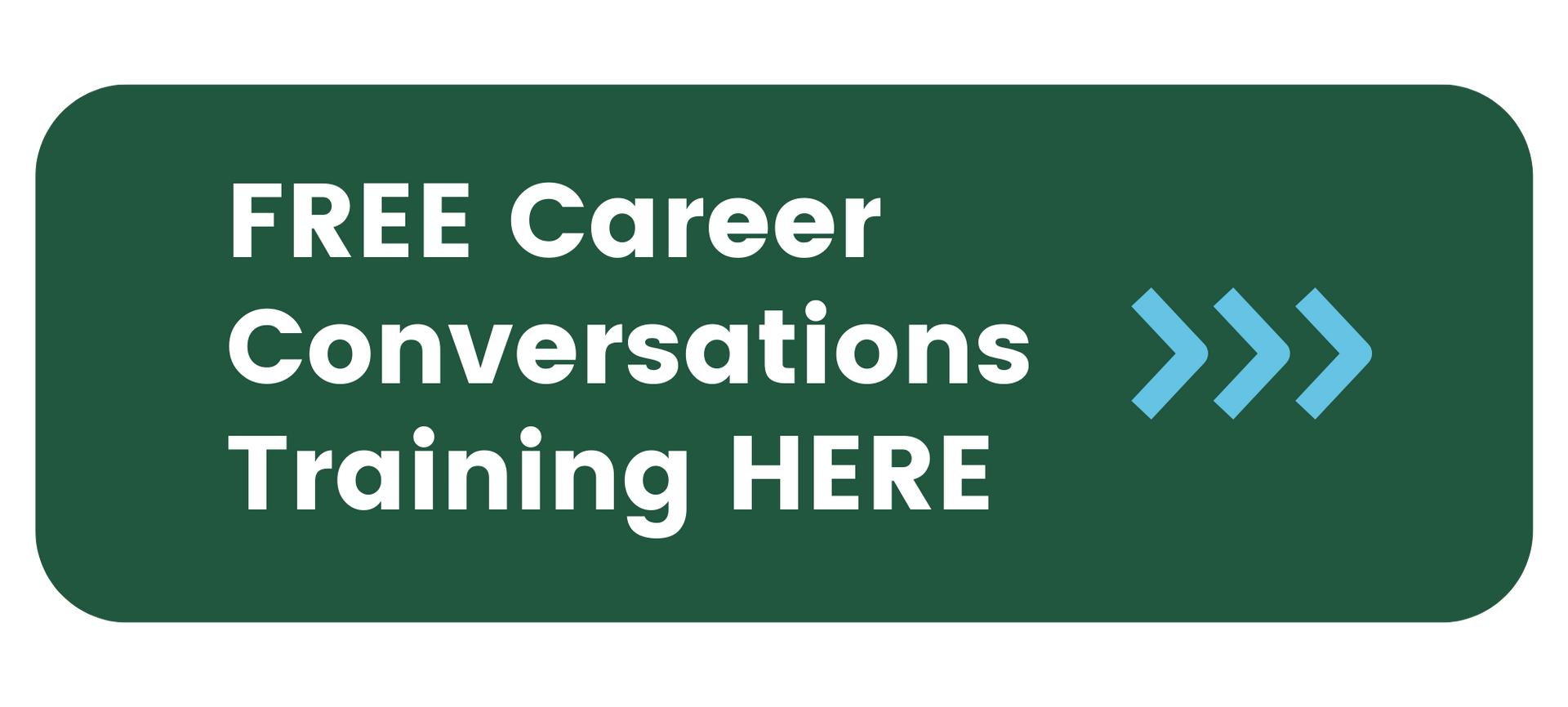Learn everything about why career matters in the 21st Century World of Work.
This blog contains in-depth and insightful articles about talent conversations, strategic career plans and successful career changes, career opportunities and other good stuff that will help you own your career and life. We spend too much time at work not to make this time matter.
Popular Career Questions & Tips
Here are answers to some of your most common career questions and some career tips from our experts.
-
Any tips on having a good impartial conversation about what I am good at?
Exploring your skills and strengths with your manager, colleagues, team members, family and friends can be a great way to see yourself from others' perspectives and can help to build a picture of yourself.
Self-reflection is important too, think about the times when you have been at your best, perhaps you can recall a specific situation, period of time, project or role.
1) What strengths, skills and characteristics come to mind when you reflect on these experiences?
2) How often do you get to be that person?
3) What stops you or holds you back?
4) What things can you do to help you be at your best more often?
Discussing the things you have reflected upon and learnt from others is a great way to embark on a conversation about your skills.
-
What if you have had multiple conversations with different leaders about moving out of your current role with no effect?
It would be important to explore what is holding you back in an honest Career Conversation that explores your aspirations, the key elements of your Career Equation:
★ Skills
★ Passions
★ Impact
★ Environmental Fit
And what you need to do in order to achieve your goal.
Maybe there are some ideas for further learning or knowledge/experience that will help you?
But if it comes down to pure lack of opportunity/available roles then it's important to look at how else you might be able to explore new things, i.e. secondment etc.
Depending on the outcome of the conversation, only you will be able to decide if you feel that the organisation is no longer the right place for you, but we'd always advise exploring all the options to improve the current situation and be open and honest about your position first.
-
How do I deal with exaggerated demands e.g. for promotion, if the team member is just not yet ready?
There are probably a couple of elements to this that would need exploring.
Firstly there is the question of current performance and achievement of objectives, this is not the same conversation as a Career Conversation, we would always advise keeping those separate where you are addressing a performance issue.
When it comes to their aspirations and their development needs achieving, then an honest conversation from your perspective about what is going well and 'what would be even better it is a good place to help them see what needs further work and from a growth perspective, i.e. more experience in XX / more in-depth knowledge in YY / increased level of skill in ZZ.
Then to explore what action they can take to achieve these development goals.
From a practical point of view, ask them to go and find the job description of the role they want and then ask them to 'traffic light' which skills and experience they feel they have in green, they have somewhat, in yellow and they have a gap for, in red.
Then you do the same and compare your notes in a meeting.
Also, check why they want the role - what experience do they think they will have from being more senior, apart from more money!
Is it more interesting work, greater exposure and visibility, or a new challenge?
Once you know, you might be able to help them meet this in other ways while they work toward their readiness.
They aren't mind-readers, so you do need to be clear about the gap between where they are and where they need to be and identify ways to help them close it.
-
Your manager is hugely important to your development and helping you execute your development plan, so how do you tactfully hold them accountable for their responsibilities without damaging the relationship? When is appropriate to go over their head?
We agree, that your manager does have an important role to play in supporting you with your development, so an honest conversation about your aspirations is a great place to start.
That doesn't mean to say that others within the organisation don't also have a vital role to play in your development.
Having a mentor who isn't your manager but is perhaps someone you aspire to or someone who has followed a similar path and that would have valuable insights, could be just the sort of person to encourage, support and hold you accountable to your plan.
-
What do you do if you feel trapped in your role, it pays well but your career move will significantly result in a pay decrease, is it worth the risk?
Firstly, we'd suggest really exploring your unique Career Equation, remember:
★ Skills
★ Passions
★ Impact
★ Environmental Fit
to fully understand what is missing, what you'd like to change and why, what experiences you'd like more of and how success in your career would look and feel.
Then have a Career Conversation with your manager or a mentor or colleague who you think could help you explore your options and thoughts.
Taking a reduction in pay is a significant decision and so it's always advisable to fully explore what you want to make sure that any decision that you make is done with clarity and a purpose, helping you to achieve more personal fulfilment and success for yourself. That way:
1) You don't jump from the frying pan into the fire without having done your homework
2) You get to check your assumptions about whether there are any opportunities for you within your existing organisation that excite you
3) If you do take a drop in salary you are clear about why you are doing it and how you will survive and whether there are opportunities to make up for the difference etc.
Ask us anything about careers
Thank you for contacting us. Your message has been sent, and we will respond in one business day 🙌
Oops, there was an error in sending your message. Please try again later or send us an email at team@ericasosna.com so we can sort you out quickly👌
Contact us
EricaSosna Ltd
MJF Accountancy Ltd, 47 Booker Avenue, Liverpool, L18 4QZ
Company Number: 08665931;
VAT Number: 232324153.
Struggling to retain and engage your best people? Book a free discovery call with our expert Career Equation retention coaches.





